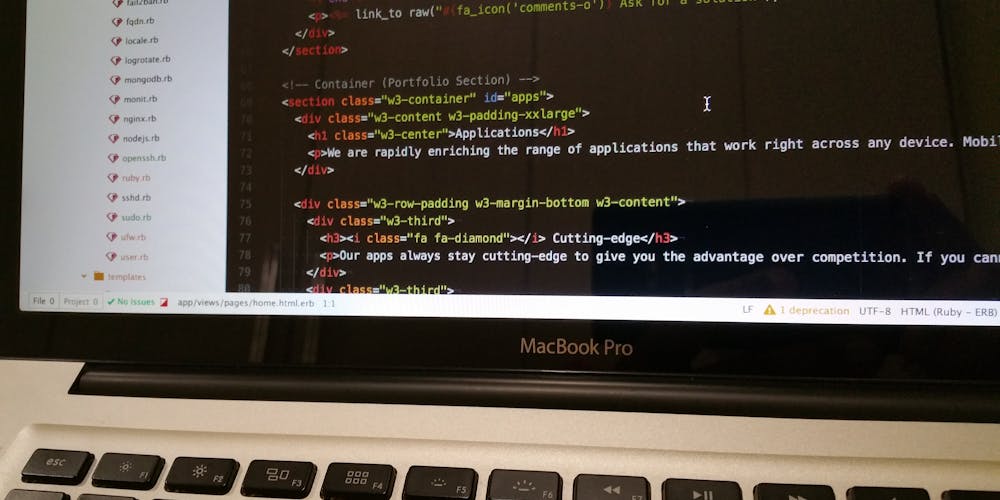GitHub has recently addressed a severe security vulnerability that was present in GitHub Enterprise Server (GHES), which is identified as CVE-2024-4985. The vulnerability has been given the highest severity rating of 10.0 according to the Common Vulnerability Scoring System (CVSS), underscoring the potential risks it posed for organizations using the platform. This high-severity flaw had the capability to allow attackers to bypass authentication mechanisms in systems leveraging the SAML single sign-on feature with the option of encrypted assertions.
The Nature of the Vulnerability
Exploiting Encrypted Assertions
Encrypted assertions are designed to protect the integrity and confidentiality of communication between an identity provider and a service provider in SAML SSO implementations. However, this vulnerability allowed attackers to manipulate these assertions, effectively granting them unauthorized access to administrative accounts. An attacker forging a SAML response could leverage the weakness to gain privileged access or create a new admin account without proper authorization. This security loophole put critical software development infrastructure at significant risk as it could allow infiltration of protected code repositories and alteration of sensitive data.
Affected Versions and the Urgency of Updates
Before the release of the patch, GHES installations that were using the specific vulnerable configuration of SAML single sign-on were at risk. The issue affected versions of GHES prior to 3.13.0. However, GitHub acted promptly to address the flaw, implementing fixes in versions 3.9.15, 3.10.12, 3.11.10, and 3.12.4. GitHub’s advisory pointed out that instances running on default configurations or using non-SAML SSO mechanisms were not susceptible to the flaw. The patch’s release serves as a clarion call for organizations to update their systems without delay. It is crucial to understand that even additional security measures can become vulnerabilities if they are not managed and implemented with the highest attention to detail.
Implications for Software Development Security
Continuous Risk Management and Patching
The discovery of CVE-2024-4985 puts a spotlight on the ongoing security challenges faced by organizations self-hosting their software development platforms. A platform such as GHES is fundamental in the workflow of countless development teams, administering the storage and management of code, as well as overseeing automated deployment processes. The vulnerability has re-emphasized the importance of comprehensive risk management and the necessity of continuous vigilance. Companies must be ready to react immediately to the announcement of such critical flaws and apply patches to protect their infrastructure from being compromised.
Protecting Development Infrastructure
GitHub has recently patched a critical security flaw, designated as CVE-2024-4985, in its GitHub Enterprise Server (GHES). The defect, which was given the maximum severity score of 10.0 by the Common Vulnerability Scoring System (CVSS), demonstrated the substantial threat it posed to organizations depending on GHES for their operations. Specifically, the issue lay in the authentication system for installations using the SAML single sign-on functionality with encrypted assertions enabled, providing a loophole that could let nefarious individuals skirt around authentication processes.
The implications of such a vulnerability are far-reaching and could have permitted unauthorized access to private code repositories and sensitive data, potentially leading to intellectual property theft or malicious alterations to code. In response, GitHub has urgently recommended that all GHES users update their systems to the latest version that contains the necessary security fix.
The rectification of CVE-2024-4985 highlights the ongoing need for vigilance and prompt action in the realm of cybersecurity. As dependence on cloud-based services like GitHub continues to grow, so does the importance of ensuring that these platforms remain secure against an ever-evolving landscape of digital threats. GitHub’s quick response serves as a crucial reminder of the potential consequences of security lapses and the importance of regular system updates in safeguarding digital assets.

